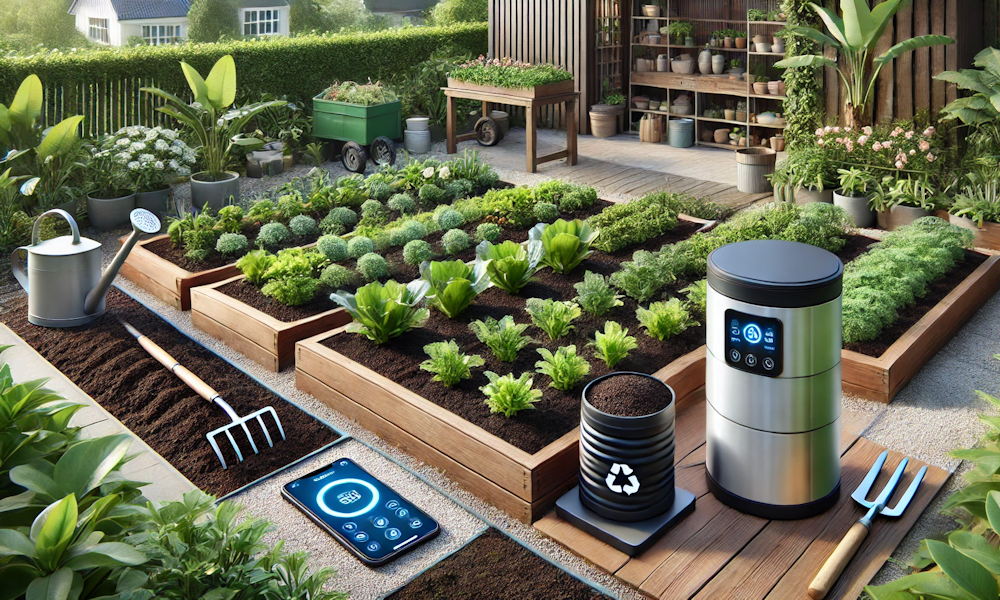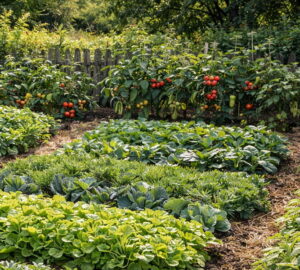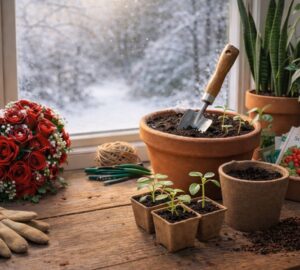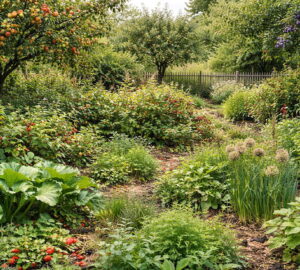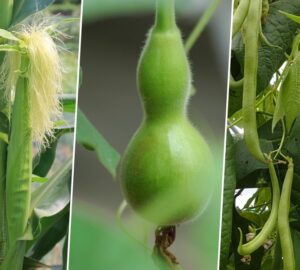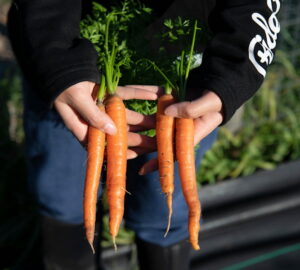Composting has long been a staple for eco-conscious gardeners, transforming kitchen scraps and yard waste into nutrient-rich compost. However, recent innovations are redefining composting, offering more efficient, user-friendly, and eco-friendly solutions for home gardeners. These advancements not only improve the composting process but also help address larger environmental challenges such as climate change and waste management.
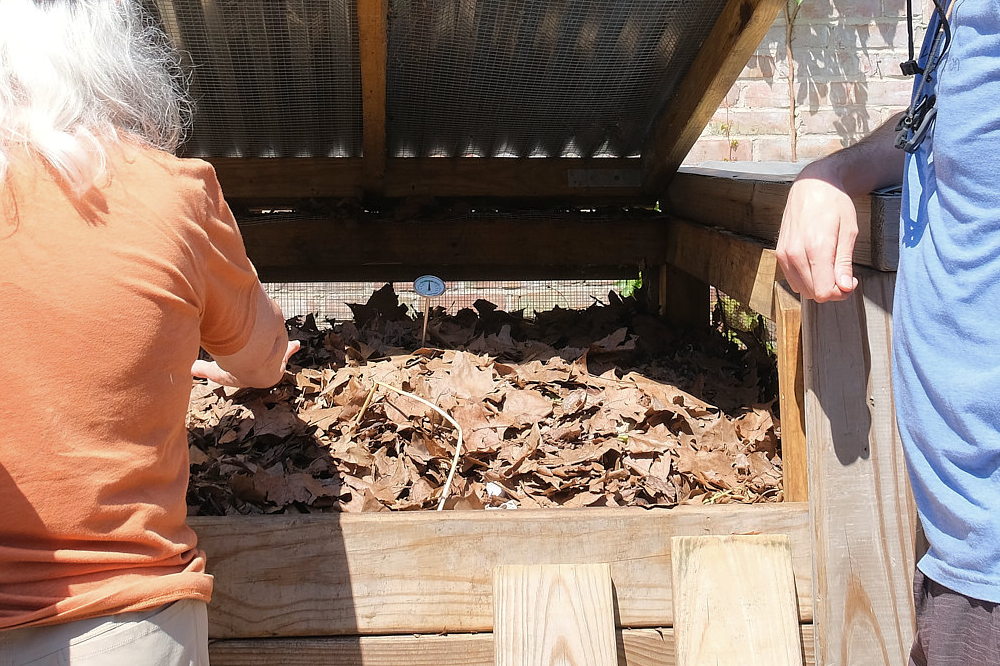
The Rise of Smart Composting
One of the most exciting developments in composting is the integration of smart technology. Smart composters equipped with sensors monitor the decomposition process in real-time. They track key metrics such as temperature, moisture levels, and pH, allowing gardeners to make precise adjustments to optimize compost production. With mobile app integration, users receive updates and suggestions directly on their phones, making composting more accessible than ever before.
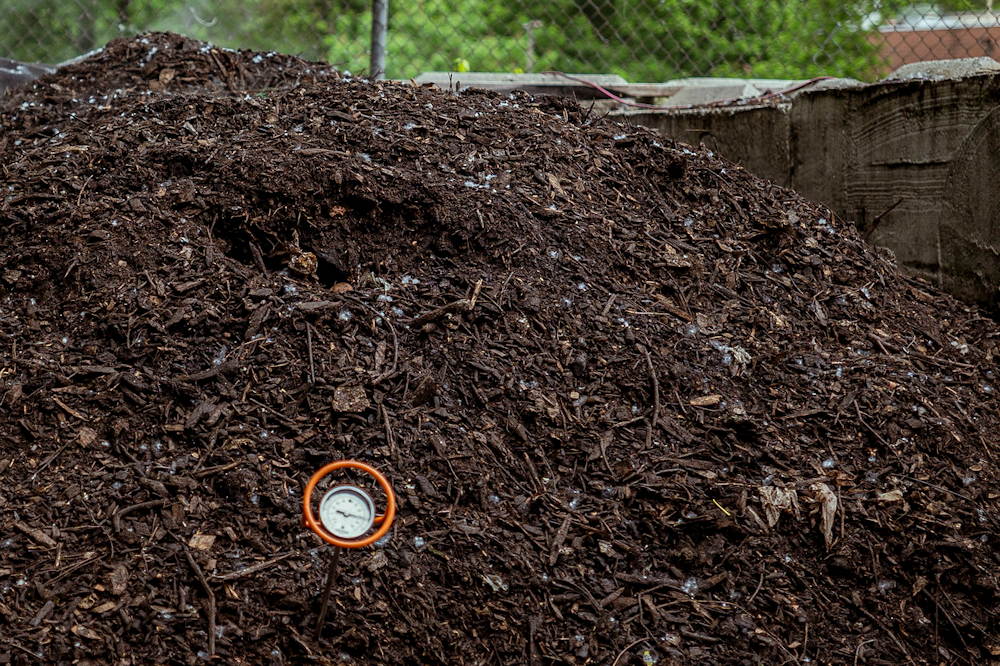
Smart composting is particularly beneficial for busy gardeners who might not have the time to manually turn compost piles. This technology not only reduces the effort required but also accelerates the decomposition process by maintaining ideal conditions. The result is high-quality compost in a shorter time, perfect for gardeners eager to enrich their soil efficiently.
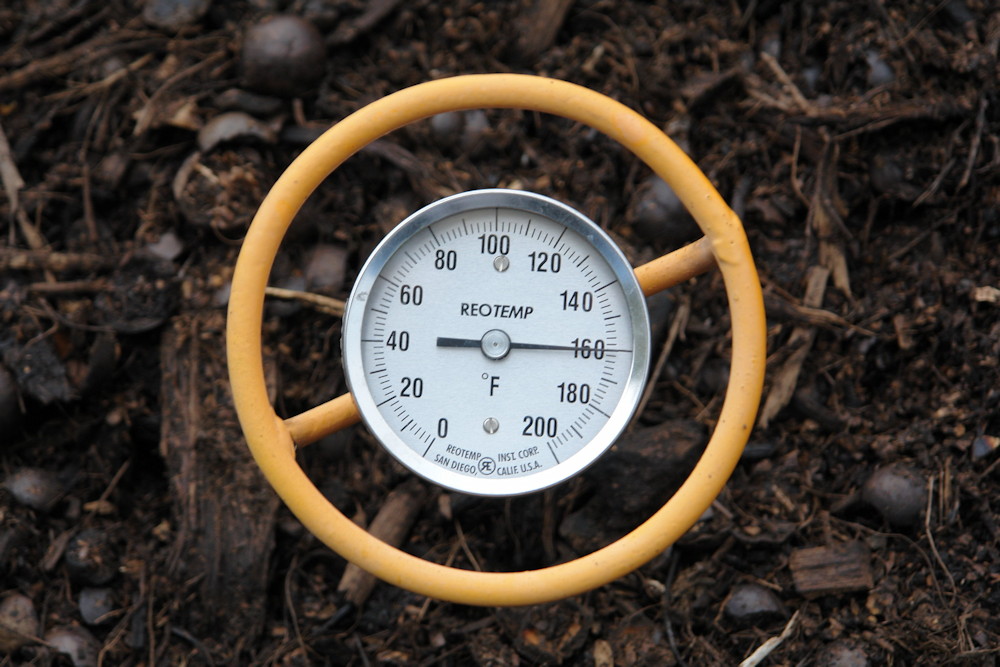
Compact Solutions for Small-Space Gardeners
For gardeners with limited space, compost tumblers are a game-changer. These compact, enclosed systems allow for easy and efficient composting by regularly rotating the waste, which speeds up the breakdown process. Tumblers are ideal for smaller gardens or households with less organic waste, and their enclosed design prevents wildlife from tampering with the compost.
Alternatively, trench composting is a low-maintenance method that works well in small spaces. By burying kitchen scraps directly in the garden, gardeners can enrich the soil without the need for bulky bins or additional tools. This method is particularly effective in dry regions, where buried scraps retain moisture and decompose faster than those exposed to air.
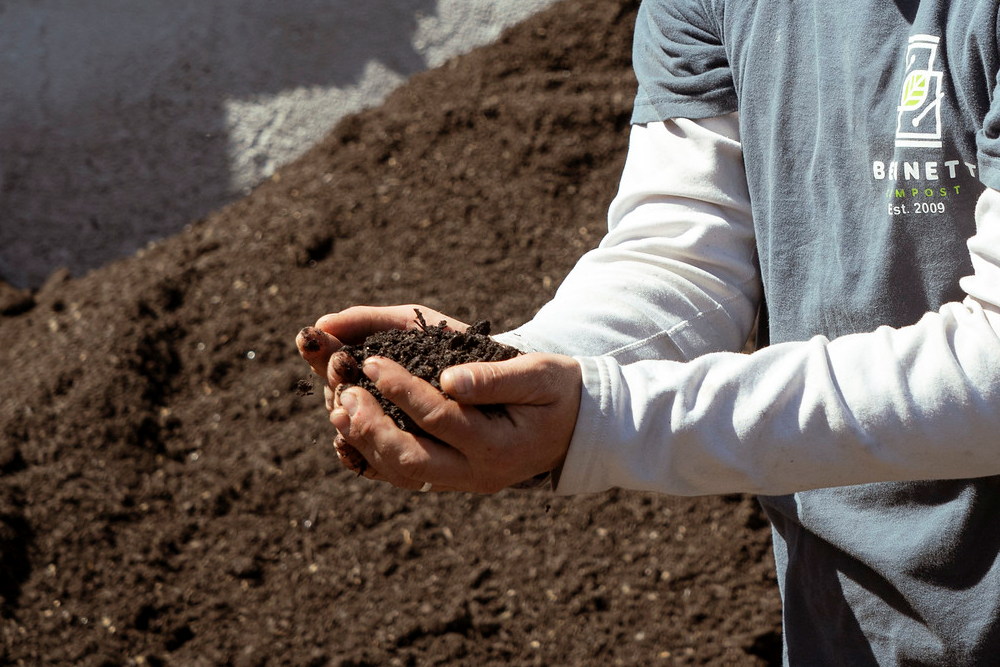
Advanced Aeration and Odor Control
In larger composting operations, including community gardens, innovations like aerated static piles with biofilters are gaining popularity. These systems reduce greenhouse gas emissions by improving airflow and accelerating the breakdown of organic matter. By controlling aeration and temperature, composting becomes faster, more efficient, and eco-friendlier. The addition of biofilters also helps manage odors, making these systems suitable for urban environments.
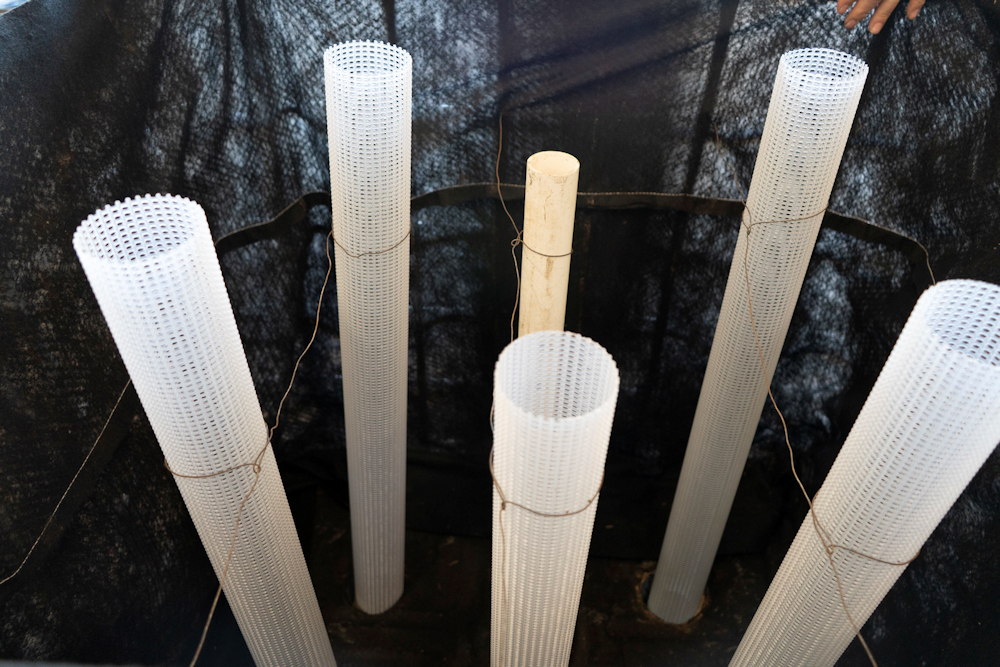
Moreover, aerated static pile systems with reversing airflow take composting efficiency a step further. These systems periodically draw fresh air through the compost, supporting aerobic decomposition while filtering out harmful gases. Although more complex and costly, they produce superior compost quality and reduce environmental impacts.
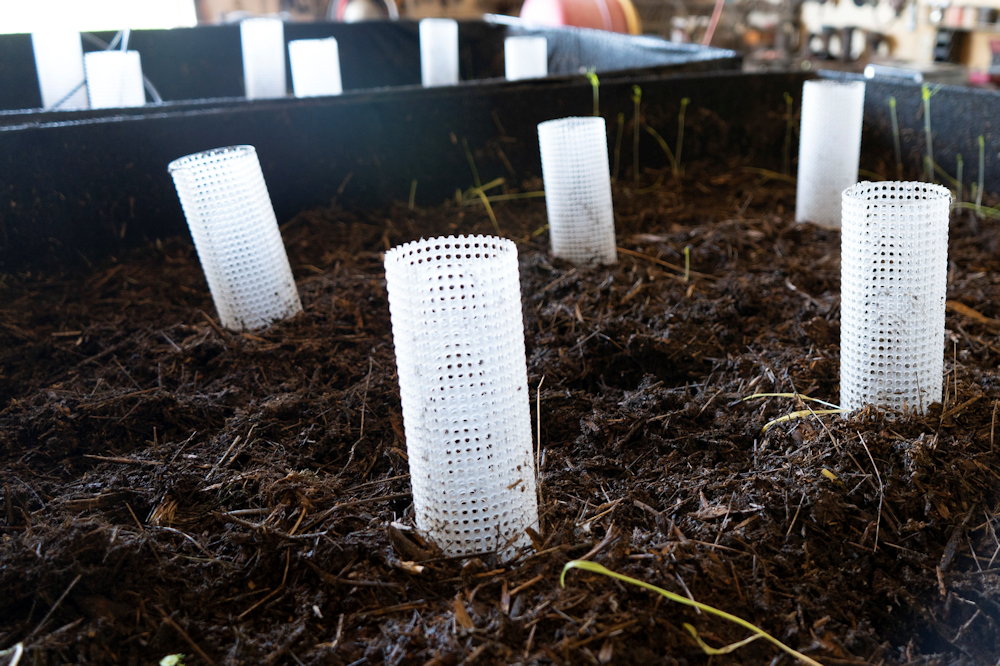
Innovations in Vermicomposting
Vermicomposting, or composting with worms, is another area that has seen significant innovation. Traditional worm bins require manual sorting of worms from the finished compost. However, flow-through worm bins now allow continuous composting, with worms migrating upwards as they process waste. This design enables easy harvesting of compost from the bottom of the bin without disturbing the worms.
Some systems even automate the worm sorting process, using moisture gradients or light to separate worms from the compost. This reduces the effort required for maintenance and makes vermicomposting a more attractive option for gardeners.
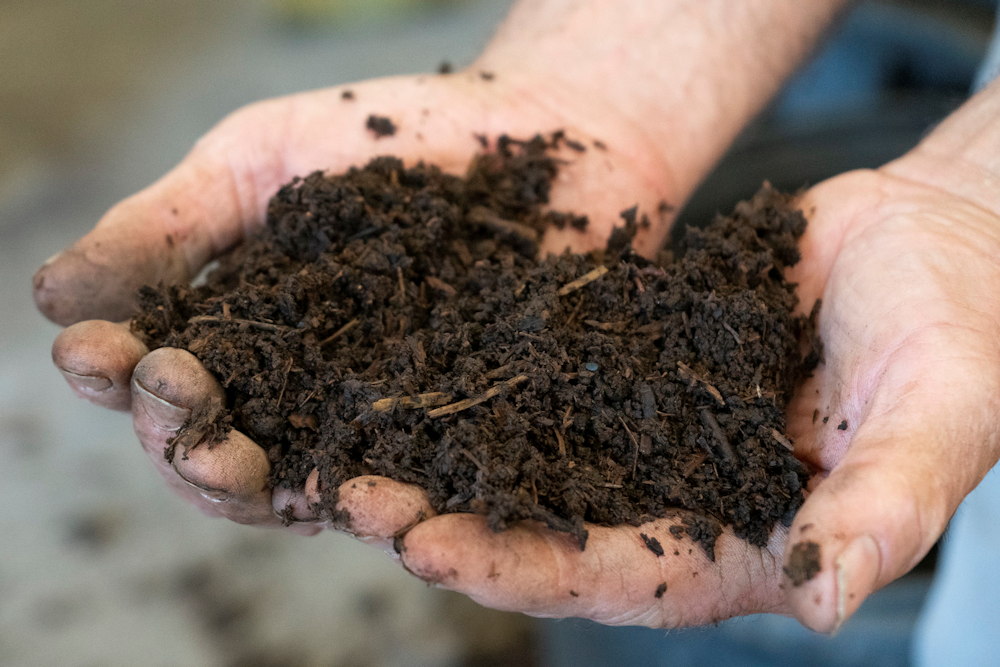
Sustainable Gardening for the Future
As the world grapples with climate change, innovations in composting play a vital role in creating sustainable gardening practices. By encouraging the recycling of organic waste, composting reduces the need for synthetic fertilizers and helps sequester carbon in the soil. Advanced systems such as smart composters, aerated piles, and compact tumblers enable home gardeners to compost more effectively, contributing to a greener, more sustainable future.
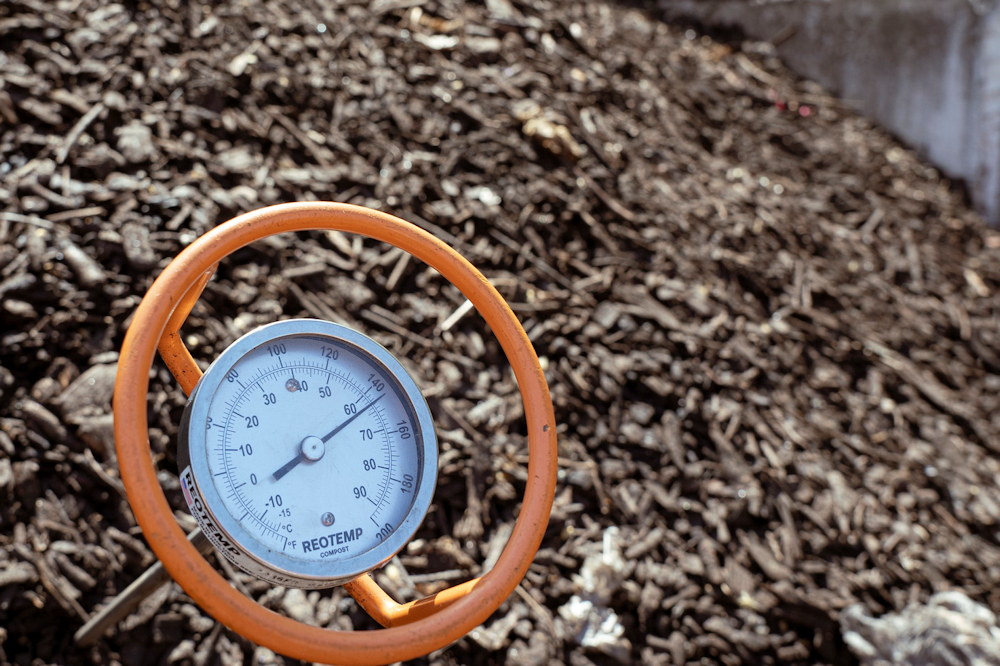
My Personal Experience
In my own garden, I’ve embraced smart composting with a small, sensor-equipped composter. Not only has this reduced the time I spend managing the compost, but it has also produced some of the richest compost I’ve ever used. My plants thrive in this nutrient-dense soil, and the process is almost effortless, as the app guides me every step of the way.
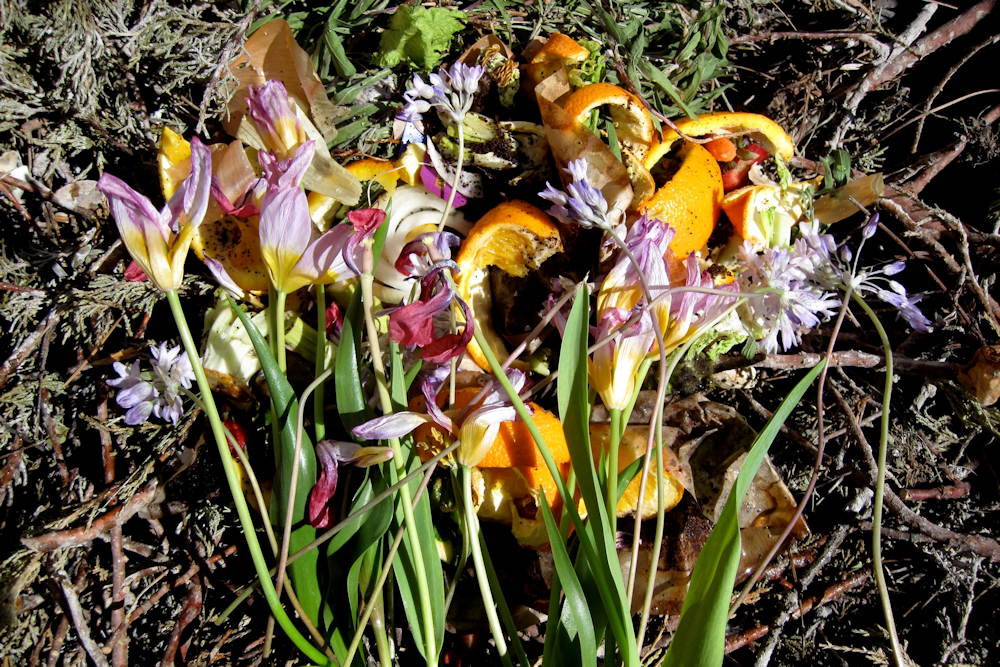
For gardeners ready to embrace the future of composting, these innovations offer the perfect opportunity to reduce waste, enrich their gardens, and contribute to environmental sustainability. Whether you choose a smart composter, a tumbler for small spaces, or advanced vermicomposting, Composting 2.0 is here to transform the way we grow our gardens.



